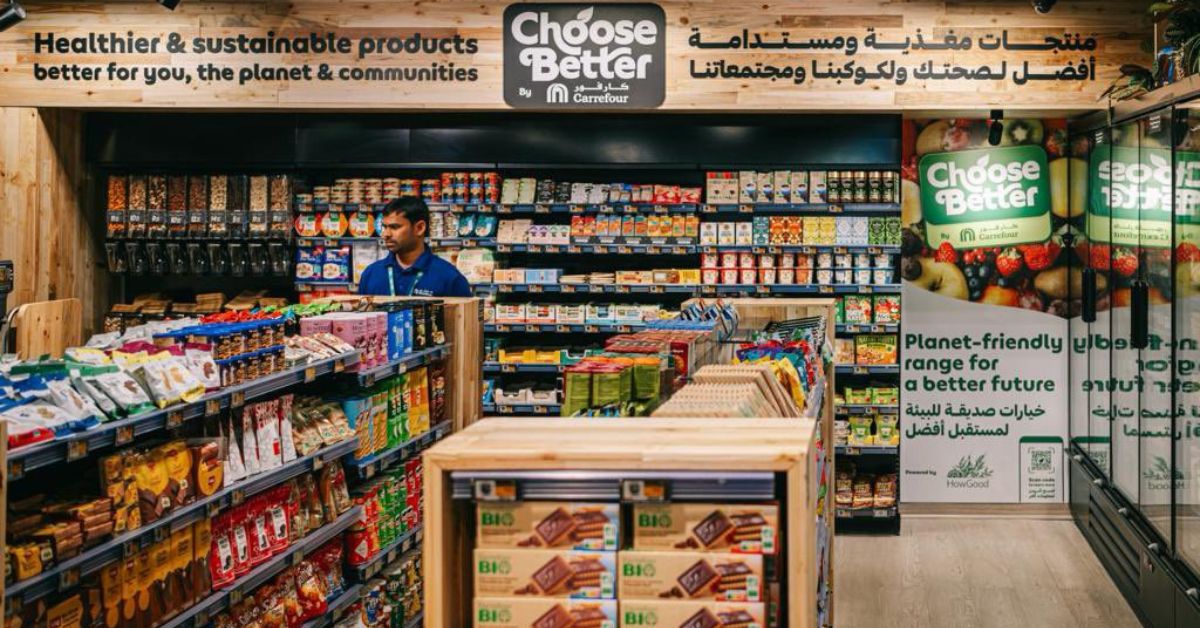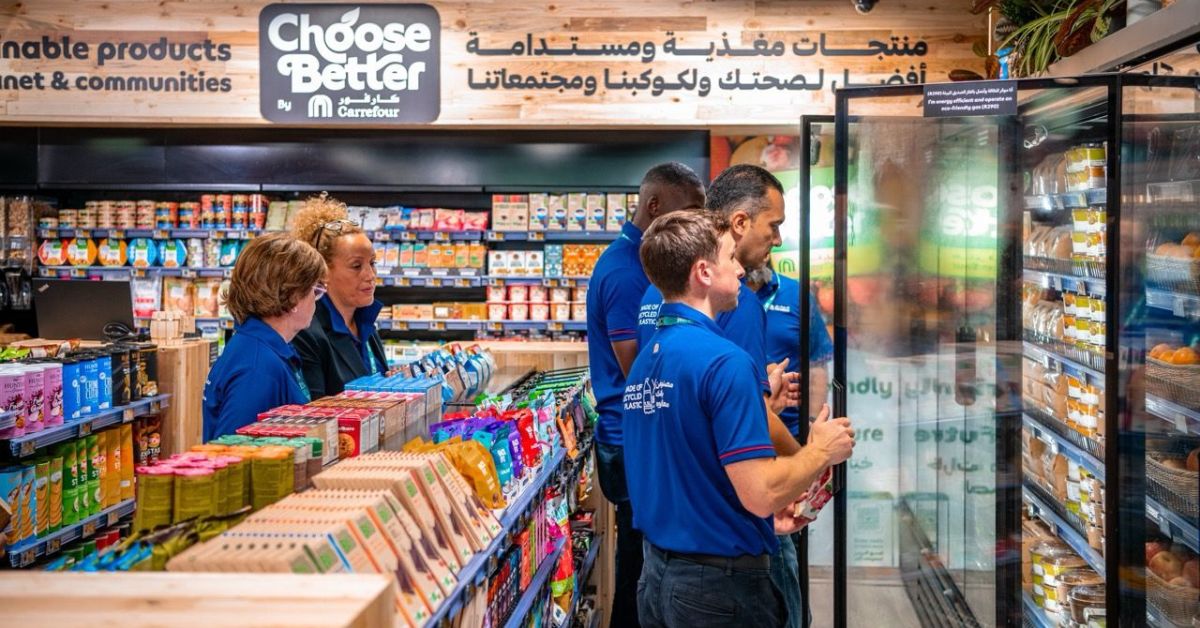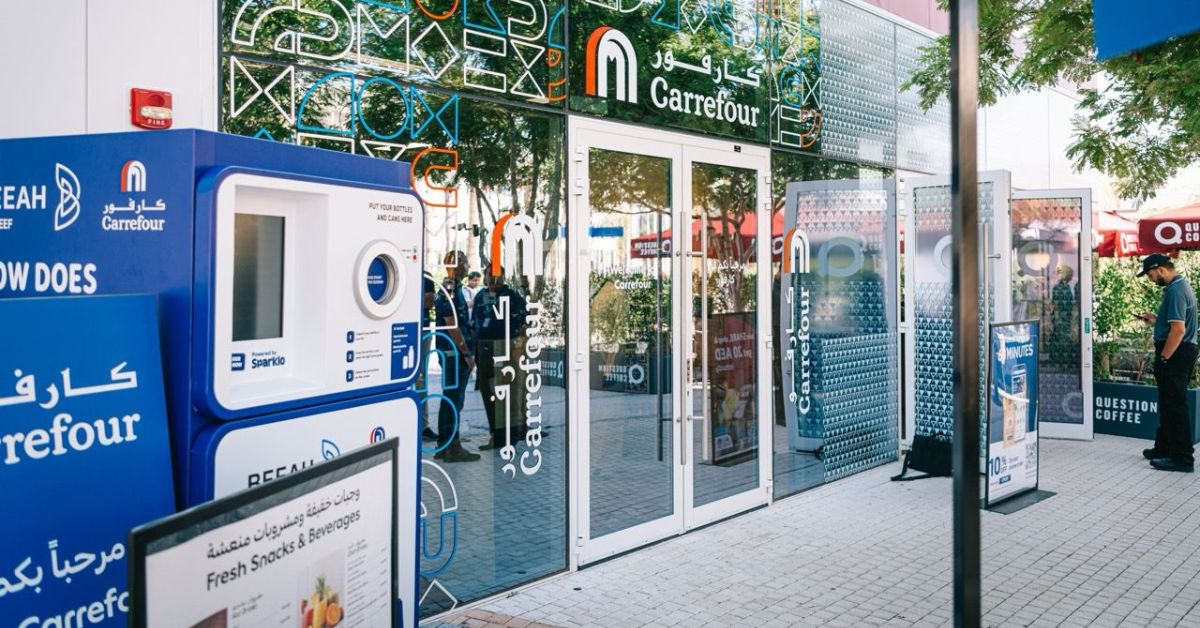DUBAI — The GCC has emerged as a dynamic and thriving hub for the retail sector, experiencing remarkable growth and evolution over the years. From adapting to changing consumer behaviors and overcoming challenges during the pandemic to leveraging government support for retail SMEs, the GCC retail landscape stands at the intersection of tradition and innovation, offering compelling investment opportunities.
Investing in the GCC retail sector comes with many benefits and attractions. The region’s strategic location, along with its growing and affluent population, makes it an appealing market for retailers.
The GCC countries boast high levels of disposable income, a youthful demographic, and a penchant for luxury goods, creating a lucrative environment for diverse retail offerings.
Moreover, the commitment of GCC governments to infrastructure development and tourism initiatives further enhances the attractiveness of the retail sector for investors.
While the GCC retail sector is flourishing, it faces its own set of challenges. One significant obstacle is the diversity of consumer preferences across the member states, making it crucial for retailers to tailor their offerings to each market.
Additionally, the high operational costs and competition from international brands present challenges for local businesses. Overcoming these hurdles requires strategic planning and innovative solutions to create a sustainable and adaptable retail environment.
In this exclusive interview with TRENDS, Khalifa Bin Braik, Chief Executive Officer of Majid Al Futtaim Asset Management, sheds light on the strategies adopted by businesses, particularly Majid Al Futtaim, to navigate these changes and stay at the forefront of evolving trends.
Adapting to Post-Pandemic Dynamics
In the wake of the pandemic, the GCC retail sector faced the challenge of adapting to rapidly changing consumer behaviors.
The GCC, traditionally reliant on physical retail, witnessed a surge in e-commerce activities. Consumers, driven by safety concerns and convenience, turned to online platforms for their shopping needs.
Retailers in the region quickly adapted to this shift, embracing digitization, enhancing online shopping experiences, and implementing contactless services. This transformative period highlighted the resilience and adaptability of the GCC retail industry.

Khalifa Bin Braik emphasizes the importance of businesses experimenting with new products, investing in advertising, and embracing transformative trends like digitization and sustainability.
According to Bin Braik, the modern GCC customer is digitally savvy, socially responsible, and seeks an experiential retail environment. Bin Braik highlights Majid Al Futtaim’s success with the Mall of the Emirates, which emerged as a stronger brand post-pandemic due to its unique resonance with residents.
Innovations like the Digital Concierge, Shoppable Mall, and free delivery for online shopping within four hours have contributed to this success, offering a diverse range of touchpoints and high-end services that promote accessible luxury.
Leading Retail Economies
Among the GCC countries, the UAE and Saudi Arabia stand out as leaders in the retail sector.
The UAE, particularly Dubai, is renowned for its world-class shopping destinations and luxury retail experiences. The introduction of cutting-edge technologies, such as intelligent retail solutions and augmented reality, has elevated the shopping experience in the country.
With its large and youthful population, Saudi Arabia has witnessed a surge in consumer spending, especially in the e-commerce sector. The government’s Vision 2030 initiative aims to diversify the economy, with the retail industry playing a crucial role in achieving this goal. Investments in entertainment and leisure offerings within malls further contribute to the growth of the retail sector in Saudi Arabia.
Supporting Local Businesses and Community Building
Recognizing the vital role of small and medium-sized enterprises (SMEs) in the retail sector, governments across the GCC have implemented various initiatives to support their growth.
These measures include financial aid, training programs, and streamlined regulations to facilitate the establishment and expansion of retail SMEs. The goal is to foster entrepreneurship, encourage innovation, and contribute to the overall economic diversification of the region.
Bin Braik highlights Majid Al Futtaim’s commitment to building communities and supporting local businesses. Launchpad X, a concept store for local startups, and Lokal, a platform showcasing over 35 homegrown brands, exemplify the company’s dedication to fostering local talent. Bin Braik notes the increasing demand for homegrown brands and the company’s efforts to support local businesses through initiatives like Launchpad X.

Upcoming Trends
In the face of evolving global economic landscapes, Bin Braik emphasizes the importance of data-enabled personalization for sustaining growth. He underscores the significance of personalization in developing pricing, brand, and marketing strategies that cater strategically to different consumer segments.
Bin Braik emphasizes Majid Al Futtaim’s belief in a ‘phygital’ future, combining the physical and digital worlds. He highlights efforts to enhance existing assets, continuous development, and improvement in customer experiences through malls and retail partners. The recently launched Zara store at the Mall of the Emirates exemplifies the commitment to providing customers with experiential concepts.
Bin Braik also sheds light on upcoming trends in 2024, focusing on technology, diverse ecosystems, exciting new experiences, and investments in homegrown brands.
He said, “This is further amplified by high-touch experiences such as Smart Parking and high-end services promoting accessible luxury – reflecting a truly omnichannel approach that offers the customer a wide variety of touchpoints.”
He discusses Majid Al Futtaim’s collaboration with government institutions, highlighting the support of bold government initiatives in the UAE and Saudi Arabia. Progressive policies, such as the National Tourism Strategy 2031, are shaping the future of the retail industry, contributing to its growth.
Anticipating Changes in 2024
Looking ahead to 2024, Bin Braik outlines Majid Al Futtaim’s ambitious agenda to enhance the overall shopping experience.
Every item at Mall of the Emirates is now available through the Digital Concierge service, accessible on the mall’s WhatsApp channel.
The mall’s website is fully shoppable, with a growing inventory of 18,000 items from brands within the mall. Bin Braik also introduces the concept of hands-free shopping, where customers can have their purchases delivered to a chosen location within the mall, their car, or their home.
The Store of the Future, an immersive digital store, further enriches the in-store experience by utilizing shopper analytics and immersive displays.

Technological Advancements and Sustainability
Bin Braik discusses how GCC retailers are leveraging technological advancements and the rise of e-commerce to create seamless and engaging retail environments. He emphasizes the missed opportunities for traditional retailers without a robust online presence.
Sustainability is a core focus for Majid Al Futtaim, the first company in the region to adopt a Net Positive sustainability strategy. Initiatives like the ‘Feed the Future’ food rescue program and LEED Platinum certifications for malls showcase Majid Al Futtaim’s commitment to lowering its carbon footprint and aligning with changing consumer values.
While navigating challenges and evolving with the times, the GCC retail sector remains a vibrant and promising landscape for investors. From adapting to e-commerce trends accelerated by the pandemic to governmental support for SMEs, the retail industry in the GCC continues to shape its future. With its unique blend of tradition and innovation, coupled with attractive investment opportunities, the GCC retail market is poised for sustained growth and prosperity in the years to come.








